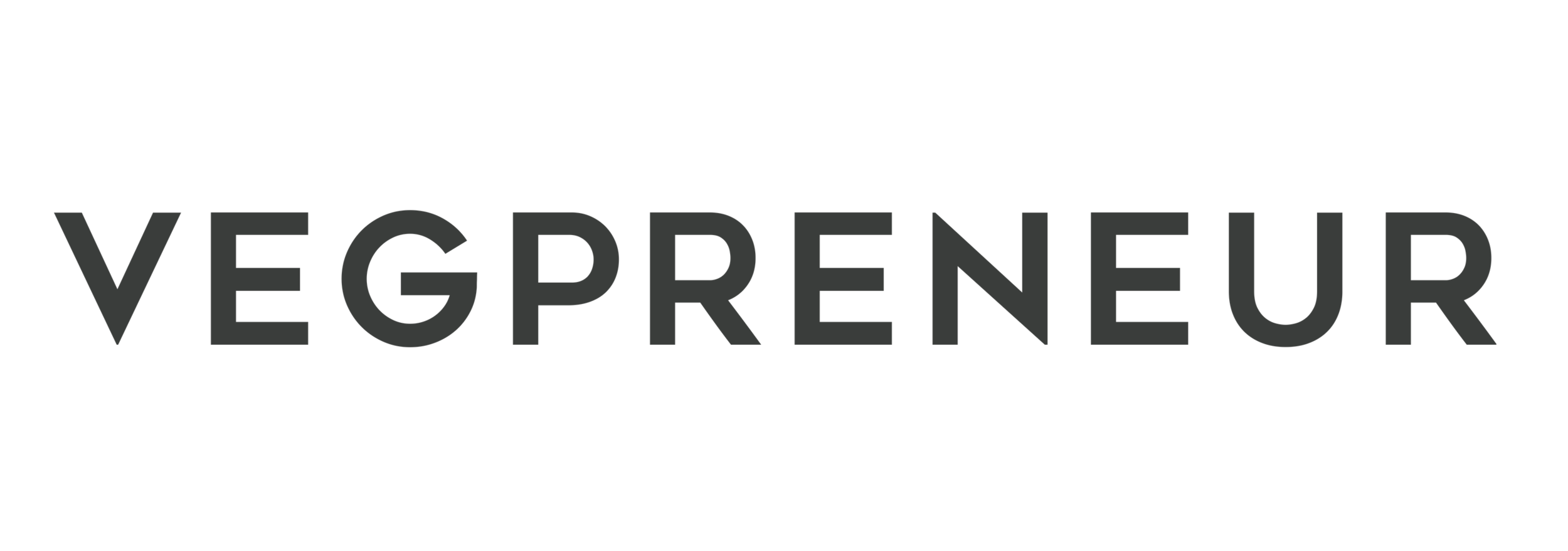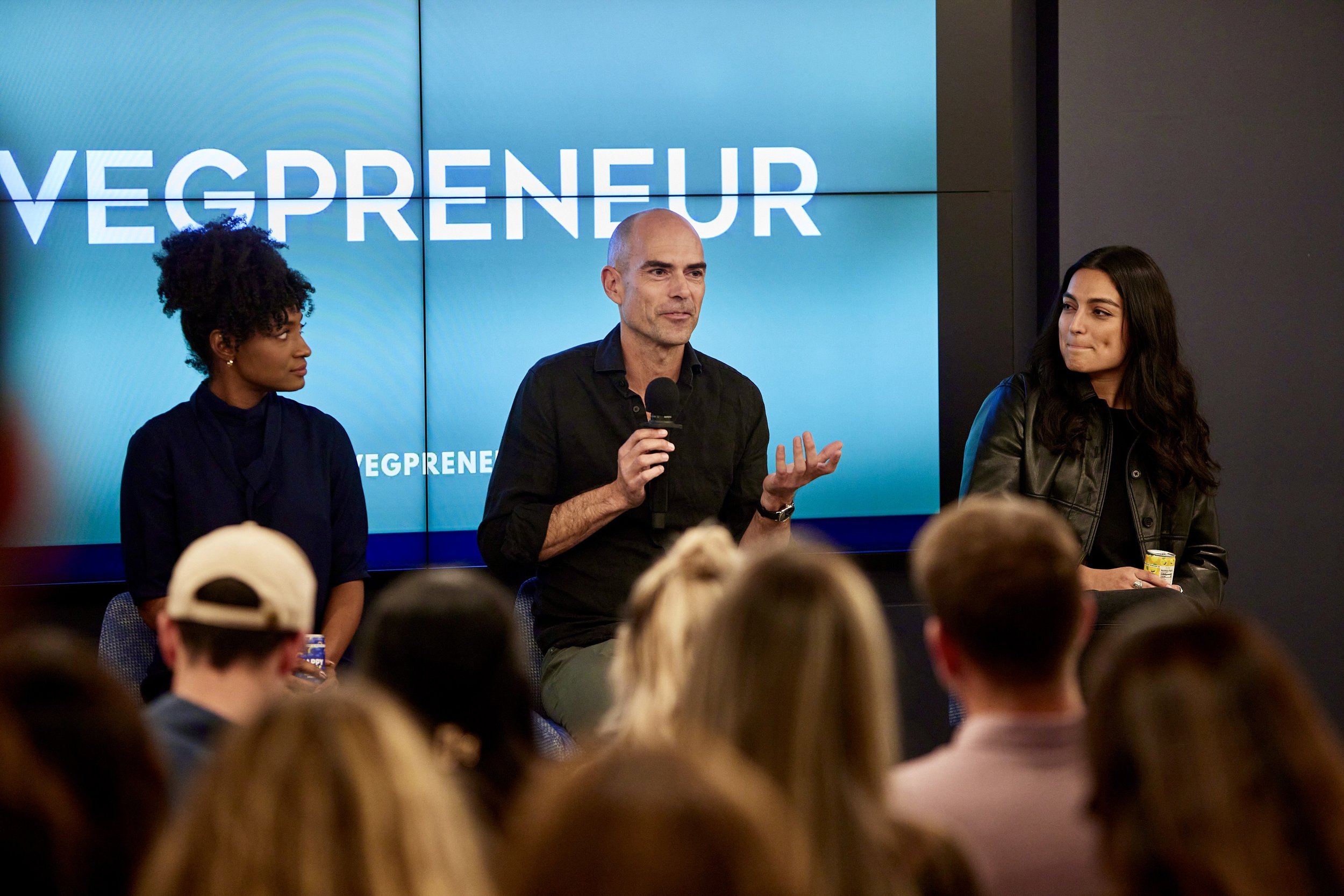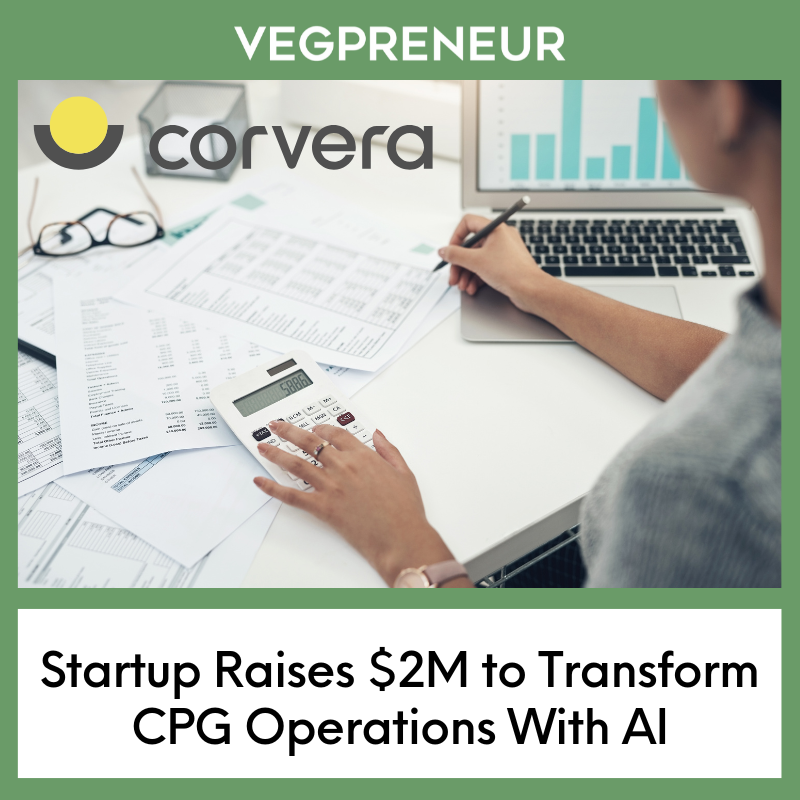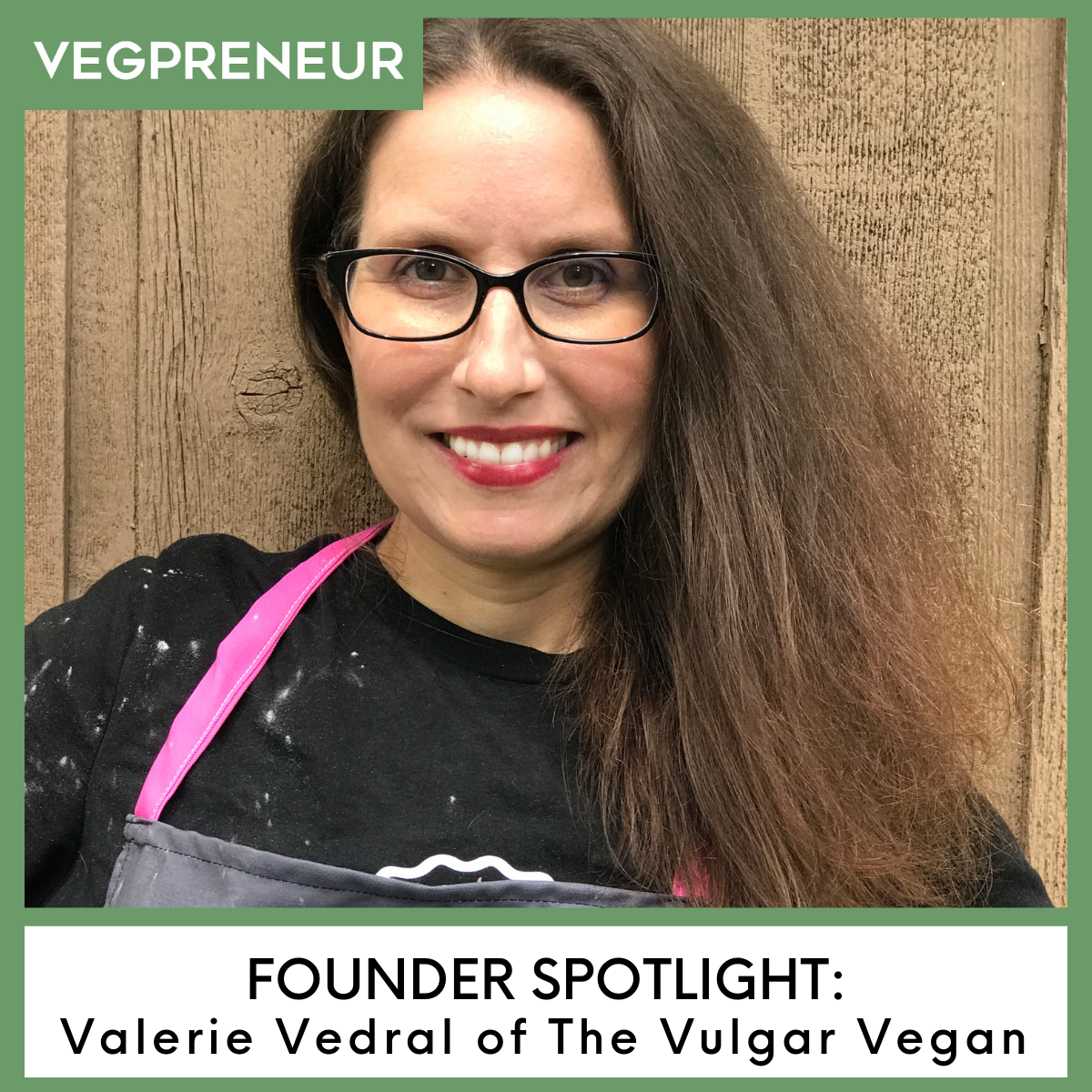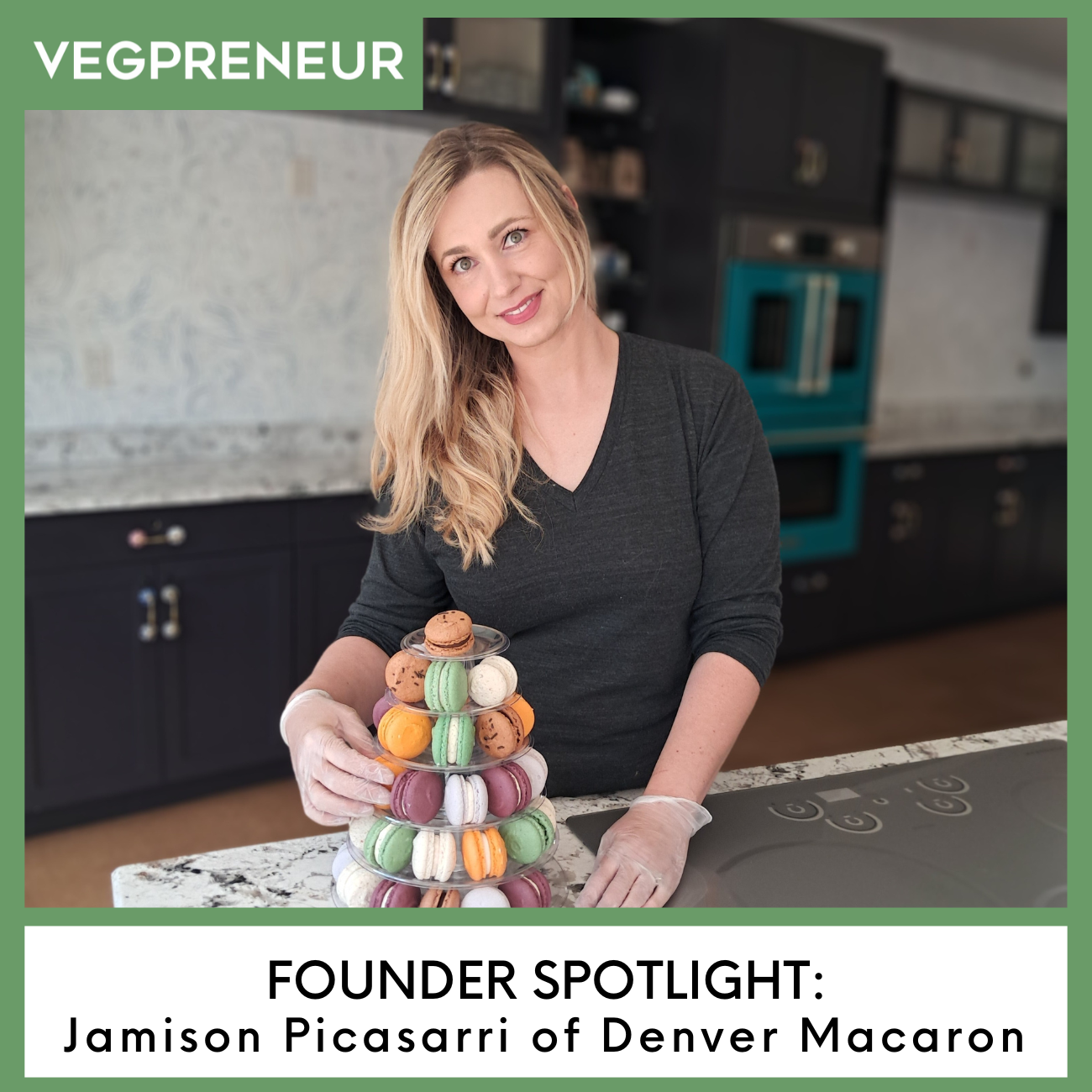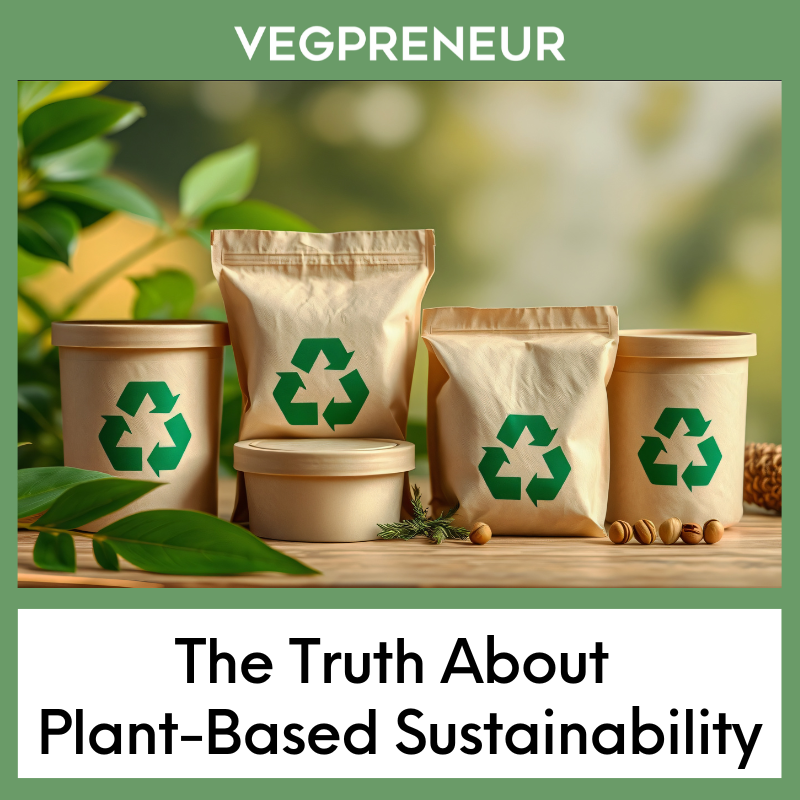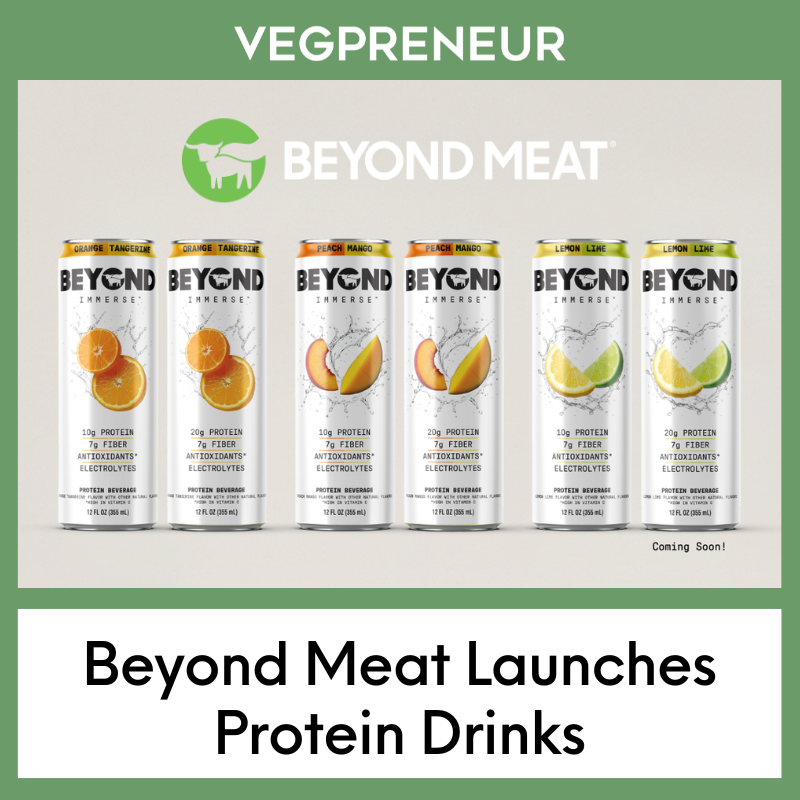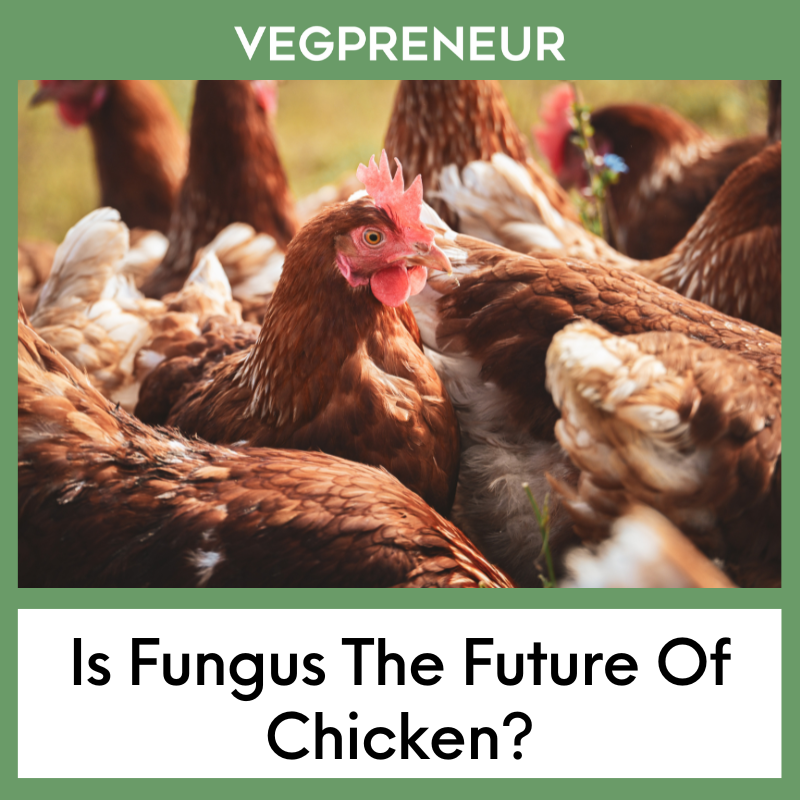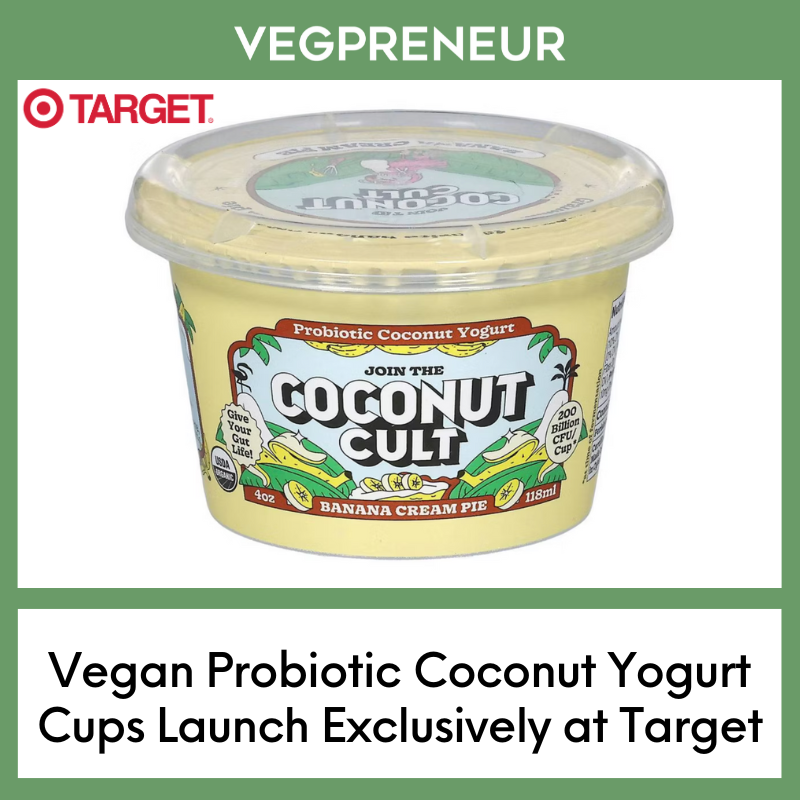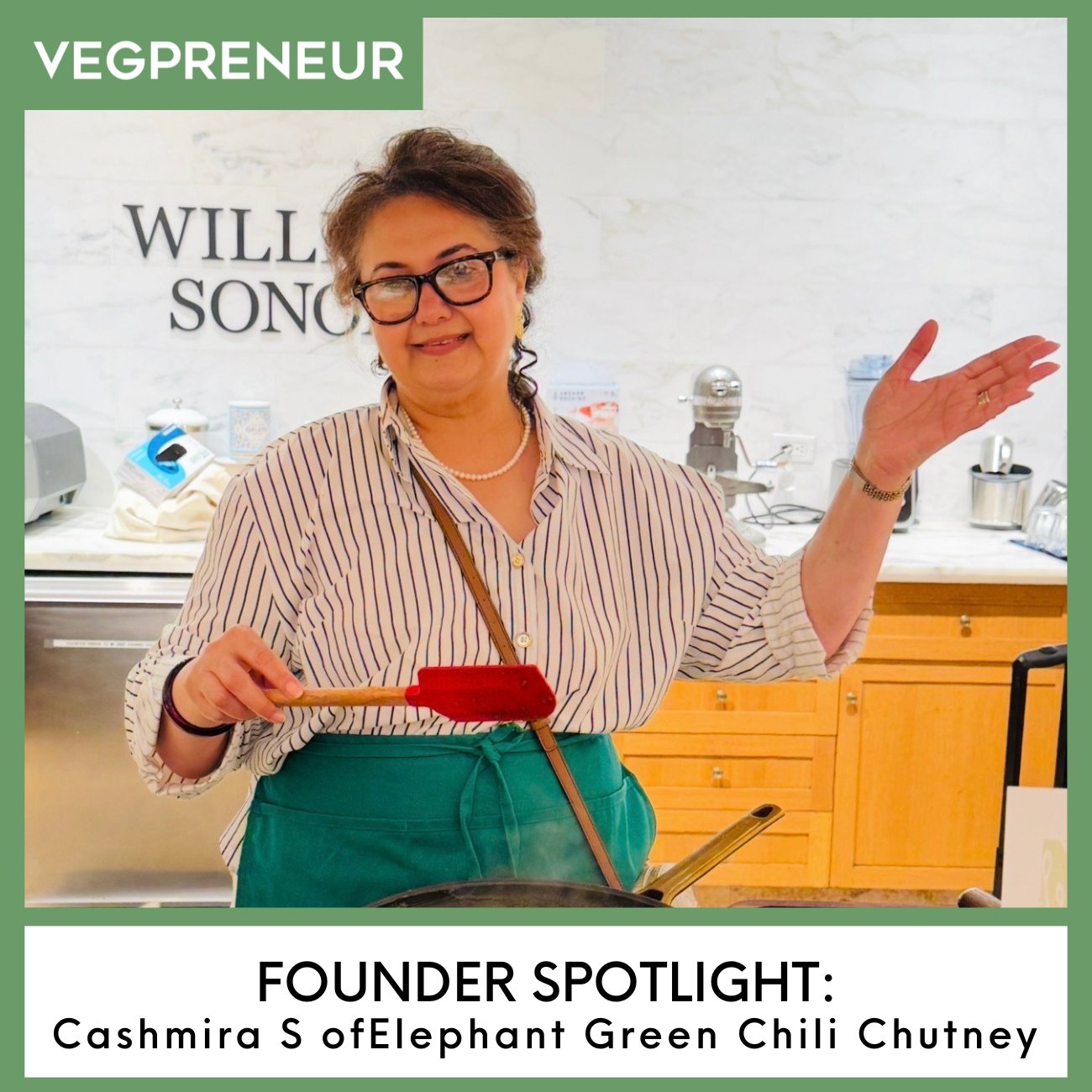Healthy and Affordable: Tips for Eating Plant-Based on a Budget
Written by Kelly D'Amico
Eating healthy and plant-based doesn’t have to be expensive. Let’s explore the reasons why vegan food is expensive and sharing some tips on how to eat a vegan diet on a tight budget.
There are plenty of reasons why someone would want to eat a vegan diet. These can range from personal health, animal rights, climate change impact, preventing heart disease, and many more. However, there is a common misconception that eating vegan food is expensive. Eating healthy and plant-based doesn’t have to be expensive. We’re exploring the reasons why vegan food is expensive and sharing some tips on how to eat a vegan diet on a tight budget.
At Made to Sustain, we focus on healthy and environmentally friendly foods or foods made to sustain you and the planet. Vegan food doesn't have to break the bank! Despite the common belief that plant-based eating is an expensive lifestyle change, it's actually quite affordable. With a little creativity and smart shopping, you can find affordable options for a delicious and nutritious plant-based diet. You can find high-quality products by focusing on whole, plant-based foods like grains, legumes, fruits, and vegetables. You can save money while nourishing your body and having a positive impact on the planet and animal rights. Let's debunk the myth that vegan food is expensive and explore how to eat vegan on a budget.
Breaking Down the Basics: What Drives Food Costs?
Food prices are influenced by a myriad of factors, including production costs, supply chain efficiency, and economies of scale. Traditional food systems benefit from decades of infrastructure optimization and subsidies, which makes our food affordable. Many plant-based ingredients like beans, legumes, seeds, and grains are considered staple crops that benefit from these systems.
The food industry also works predominately on tiered pricing, which means the more you buy, the lower your costs. Subsets of the industry like the dairy and meat industry also benefit from government subsidies, which offer significant savings to consumers. Large, established food manufacturers also benefit from this because they buy large amounts of ingredients. Organic produce costs more due to more input costs and lower yields. But despite the stereotype, vegan and plant-based diets, by definition, do not necessarily mean they need to have 100% organic produce in their diets. While organic fruits and vegetables may be perceived as healthier, they aren't always known for low prices.
However, plant-based alternatives are relatively new players. Because many are smaller players, their scale is much smaller compared to the already established brands. Like many small start up companies, this contributes to higher prices. However, products like almond milk and some plant-based products have gone mainstream and are a lot more affordable. But the most affordable diet is the one that meets your budget.
The Cost of Innovation: Why Vegan Products Are Priced Higher
The idea that vegan food is expensive often comes from the price tags on niche products like vegan cheeses, meat substitutes, and superfood powders. These items can indeed be costly because they cater to a specialized market or require unique ingredients. Creating plant-based alternatives that replicate the taste and texture of meat or dairy products requires cutting-edge research and innovation.
Companies invest heavily in developing novel ingredients and processing methods to meet consumer expectations. These investments drive up costs, which are ultimately passed on to the shopper. Unlike traditional food products, which often rely on well-established methods, the vegan food industry is still experimental. While these innovations are unique and do serve a purpose, these products are not essential to a balanced plant-based diet.
Raw Ingredients vs. Processed Products: Where the Costs Add Up
There’s a notable disparity between the pricing of raw vegan staples, such as lentils and oats, and highly processed alternatives like plant-based meats. While staples are generally affordable, their preparation can be time-intensive. On the other hand, processed vegan products come with added costs for specialized manufacturing, branding, and distribution, making them less accessible to the average consumer.
The cost of vegan food can vary depending on what you buy and where you live, but some say that vegan food can be affordable and nutritious. Some say that vegan food can be cheaper than animal-based products, especially if you avoid high-quality animal products. For example, a 2023 article in The Guardian says that plant-based foods in Africa are more affordable than goat meat. An Oxford University study found that plant-based diets can reduce food costs by up to one-third by using whole foods instead of meat and meat replacements.
However, some say that vegan food can be expensive because of the use of specialty products in recipes. For example, meat alternatives can be expensive because of their complicated manufacturing processes and lower production volumes. The good news is as these companies grow and personal preferences shift towards vegan products, costs will go down.
Ways to Budget on a Vegan Diet:
In the meantime, if you're on a limited budget but still want to eat a vegan diet or plant-based diet, here are some ways to help you budget.
1. Plan your Grocery List
Ever wandered the grocery aisles aimlessly, forgetting half the things you needed and buying the things you don't need? Heading to the grocery store with a shopping list is a great way to avoid the additional costs of impulse purchases. It serves as a memory aid, ensuring you don't forget those crucial recipe ingredients. Plus, by planning your meals beforehand, you can avoid impulse purchases and stick to your budget.
Grocery lists also save you precious time! No more wandering lost – you'll zip through the aisles with laser focus, grabbing only what you need. For an extra time-saving hack, head over to MadeToSustain.com. They offer pre-planned grocery lists and meal plans that take the guesswork out of meal planning, giving you more time to relax and less time planning out your meals.
2. Seasonal and Local Produce is a Game-Changer
One of the easiest ways to make a vegan diet affordable is to prioritize seasonal and local produce. Seasonal fruits and vegetables are generally more abundant, fresher, and less expensive than out-of-season options. Buying local also reduces transportation costs, which are often passed on to consumers in the form of higher prices.
To make the most of seasonal produce, consider meal-planning around what’s currently available. A hearty winter stew with root vegetables or a summer salad with seasonal greens and berries can be cost-effective and nourishing, all while supporting local farmers and reducing environmental impact. Check out this seasonal produce guide for a quick reference to what's in season.
3. Protein Sources that Won't Break the Bank
Protein is a critical nutrient for everyone, both for satiety and health. Plant-based protein sources such as beans, lentils, tofu, and chickpeas are not only affordable but also provide high levels of fiber, vitamins, and minerals. For example, a bag of dried lentils costs only a fraction of the price of animal protein and can be used to prepare multiple meals, from soups to curries to salads.
While trendy items like hemp seeds and protein powders have their place, they’re not essential for meeting daily protein needs. For a budget-friendly approach, focus on versatile and inexpensive options like black beans, quinoa, and even peanuts. With the right recipes, these ingredients can be transformed into a diverse range of dishes.
4. Avoiding Processed Vegan Foods
While convenient, pre-packaged vegan foods can come at a high price. Plant-based frozen meals and snack bars may offer convenience, but they’re often more expensive and less nutritious than homemade options. Preparing meals from scratch not only saves money but also allows greater control over ingredients, reducing unnecessary additives and preservatives.
Cooking in batches is an effective way to save both time and money. For instance, a large pot of vegetable stew, pasta with a hearty tomato-lentil sauce, or homemade veggie burgers can provide several meals for the week. By investing a bit of time in preparation, it’s possible to make affordable, nutritious meals that support both health and the planet.
5. Embrace Minimalism in Your Pantry
A minimalist pantry is one of the greatest assets for keeping a vegan diet budget-friendly. Stocking versatile staples like rice, pasta, oats, canned beans, spices, and nuts ensures that you always have the essentials on hand. These ingredients can be combined in countless ways to create satisfying meals without needing specialty products.
Keeping a simplified pantry also reduces food waste—a major contributor to the misconception that vegan eating is expensive. By making use of what you already have, you’ll save money and avoid the waste associated with frequently buying and discarding new products.
6. Reevaluate Food Priorities for a Healthier Budget
Transitioning to a plant-based diet can be an opportunity to reevaluate where we spend our food dollars. Instead of seeing vegan options as costly, think of them as an investment in health and sustainability. Meat and dairy alternatives may seem pricey initially, but many people find that plant-based diets lead to long-term savings in other areas, including healthcare costs. A vegan lifestyle can be economical and highly nutritious by focusing on affordable, nutrient-dense ingredients.
Plant-Based Foods are More Affordable Than You Think
The perception that vegan food is expensive often stems from a misunderstanding of what a plant-based diet truly entails. While some specialty items carry a higher price tag, the core of a vegan diet—whole grains, beans, vegetables, and fruits—is among the most affordable foods available. By shopping smart, embracing seasonal produce, and focusing on pantry staples, vegan eating can be accessible for nearly any budget.
Ultimately, shifting to a plant-based diet isn’t just about personal health; it’s a commitment to the health of our planet. Embracing a cost-effective, sustainable approach to food is possible for anyone willing to explore the rich variety of affordable vegan ingredients.
Looking to take your business to the next level?
Become a VEGPRENEUR member today to access industry-leading events, mentors, resources, and a global community of innovators!
